As a firearm owner, I often wonder if having a gun safe is required by law.
Gun ownership comes with the responsibility of safe storage to prevent accidents. Legal requirements vary widely across the U.S. Some states mandate gun safes, though there’s no federal law requiring one.
However, a 2005 federal regulation does mandate that handguns sold by dealers include a secure safety device, such as a cable lock, underscoring the importance of safe storage.
Why Secure Storage Matters
Regardless of legal mandates, secure firearm storage is simply common sense. A poorly stored firearm can lead to theft, accidental discharge, or misuse.
Promoting gun safety is a straightforward way to reduce risks and protect loved ones. Investing in secure storage is a step every responsible gun owner should consider.
Choosing the Right Gun Safe
The best gun safe depends on factors like where you’ll store it, who lives in your home, and the type of firearm you own. For high-value guns or those kept in shared spaces, a high-security gun safe is worth the investment.
Gun laws in each U.S. state
Massachusetts requires gun safes, while other states, such as California, Connecticut, and New York. Impose certain requirements under specific circumstances. Always check local resources for up-to-date laws.
California’s Safe Storage Requirements
California gun laws specify that firearms must be stored, unloaded in locked containers that are difficult to access without permission.
This doesn’t necessarily require a gun safe—any container meeting these criteria is acceptable. California also prohibits storing loaded firearms accessible to prohibited individuals or children.
Safe Storage Laws in Texas
Texas does not require a locking device with gun sales (though federal law applies). It also does not require secure storage to prevent unauthorized access.
New York’s Safe Storage Requirements
In New York, gun dealers must include a locking device with each sale and provide a warning label. Firearms should be locked in a secure storage depository if the owner:
- Lives with a child under sixteen.
- Knows someone prohibited from gun possession is likely to access the firearm.
Connecticut’s Safe Storage Laws
Connecticut requires a trigger lock or similar device for handgun sales and mandates that sellers inform buyers of penalties for unlawful storage. However, Connecticut generally does not require secure storage.
Conclusion
Gun ownership brings a duty to prevent accidents. Understanding and adhering to local laws, while taking proactive steps like secure storage, helps create a safer environment for all. Responsible storage is a step beyond compliance—it’s a commitment to safety.
Explore our collection of gun safes and take the first step toward responsible ownership today!

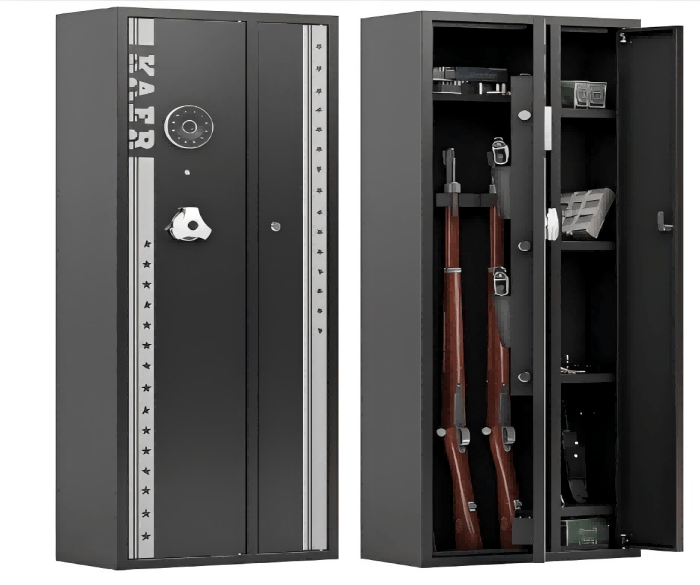
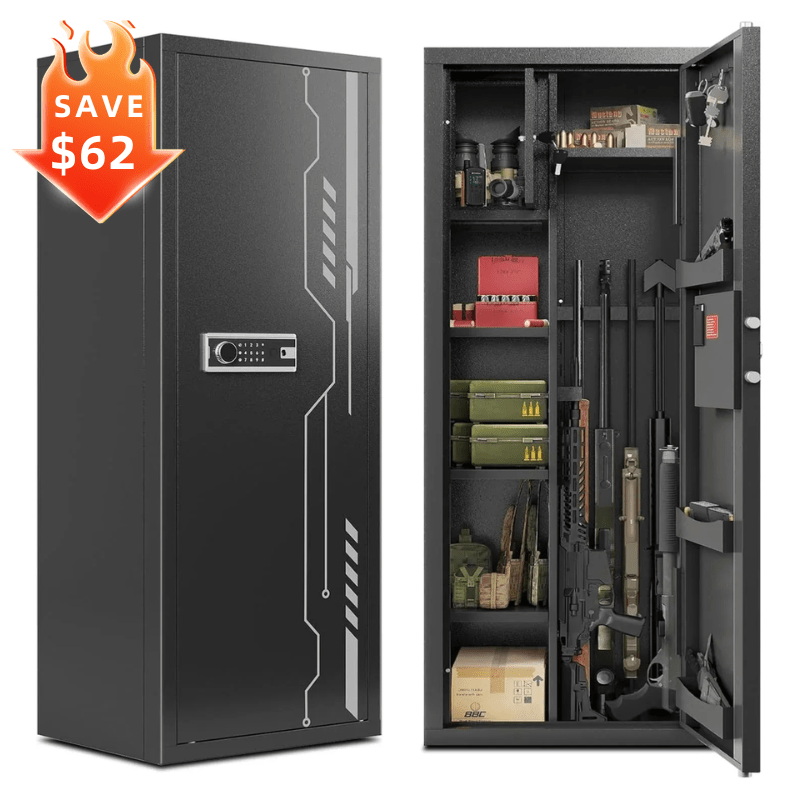
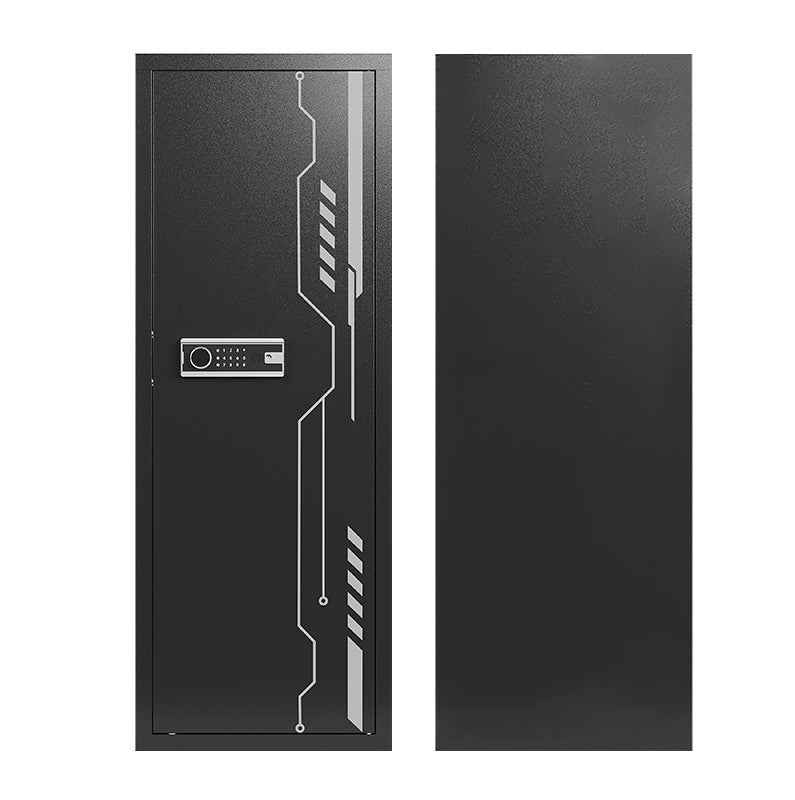
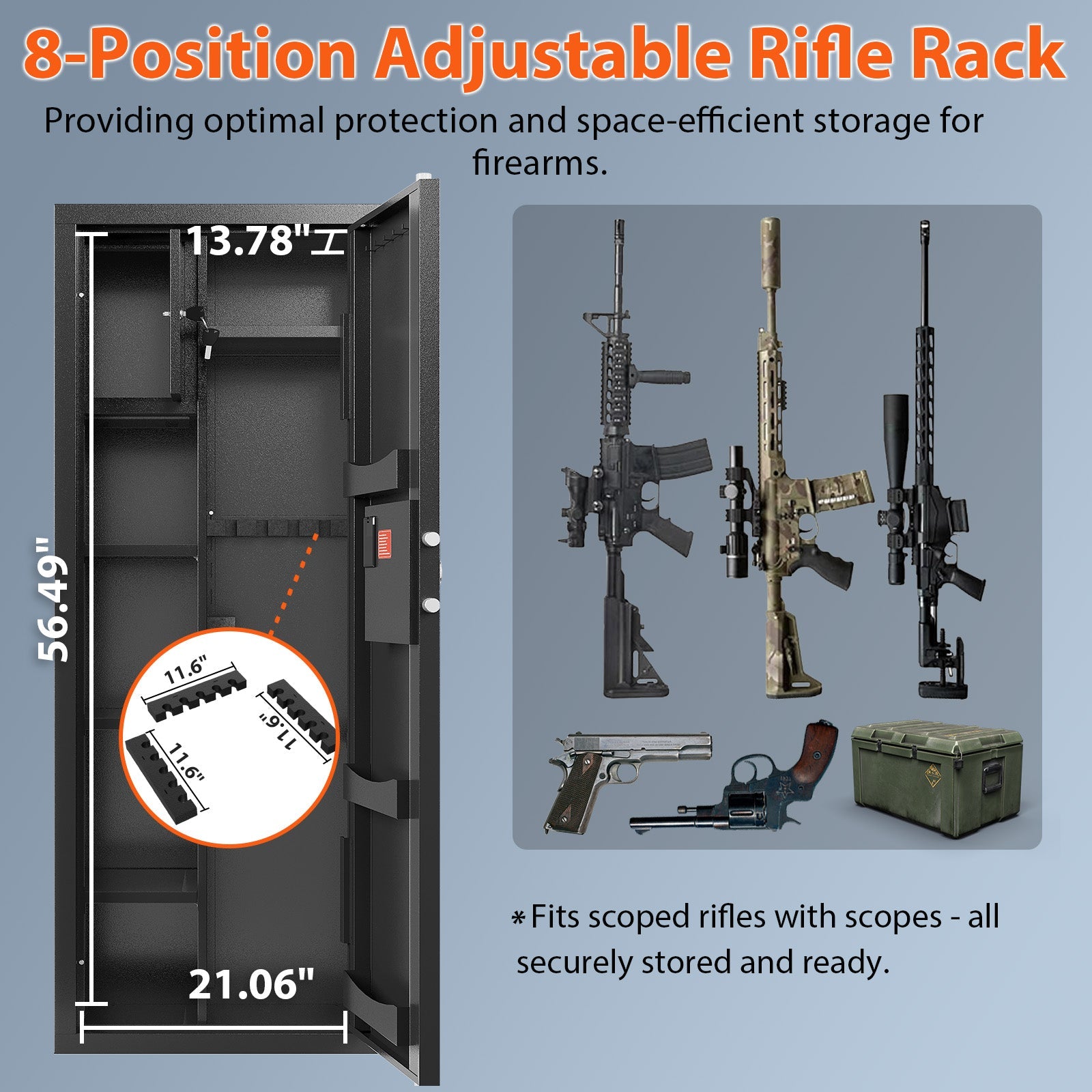
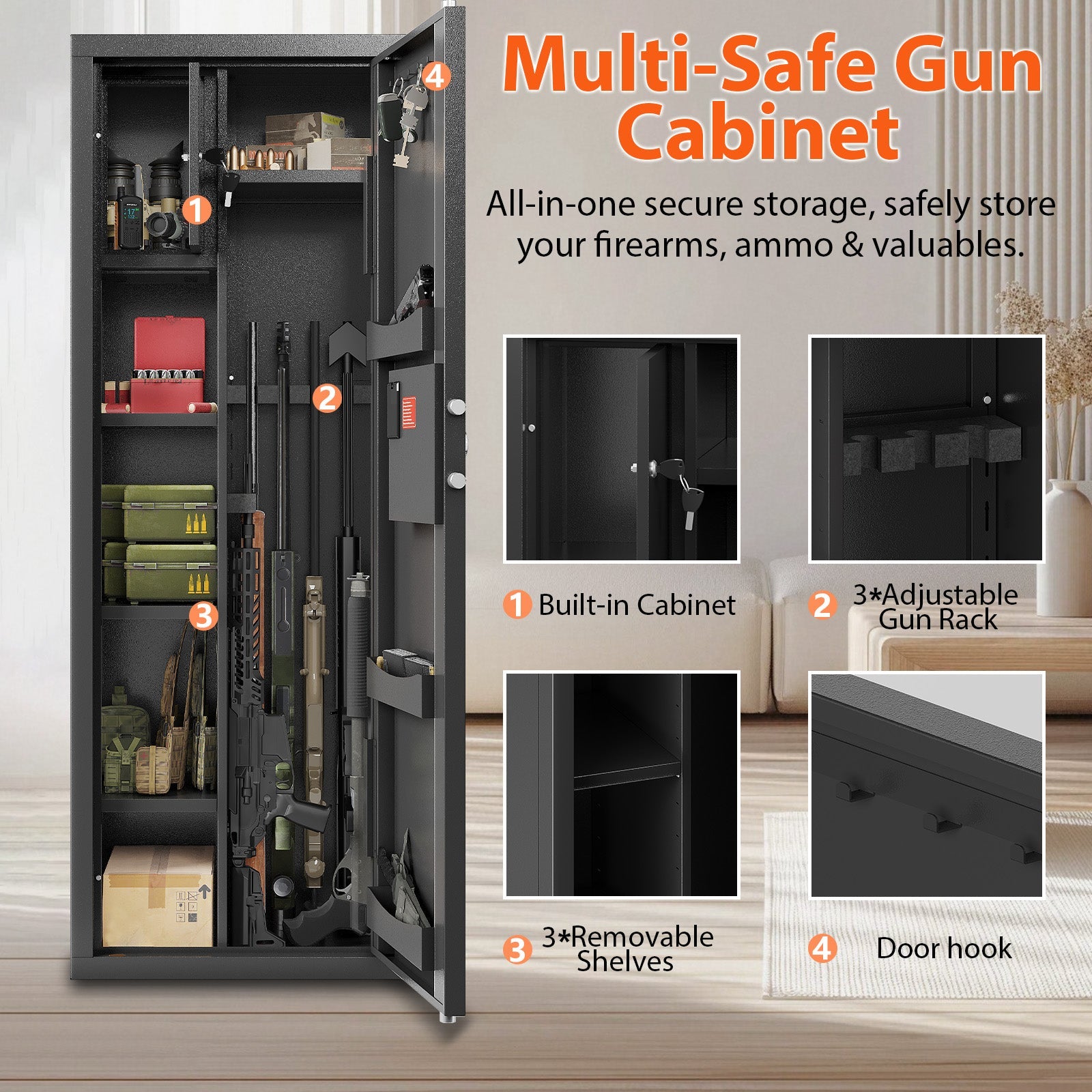




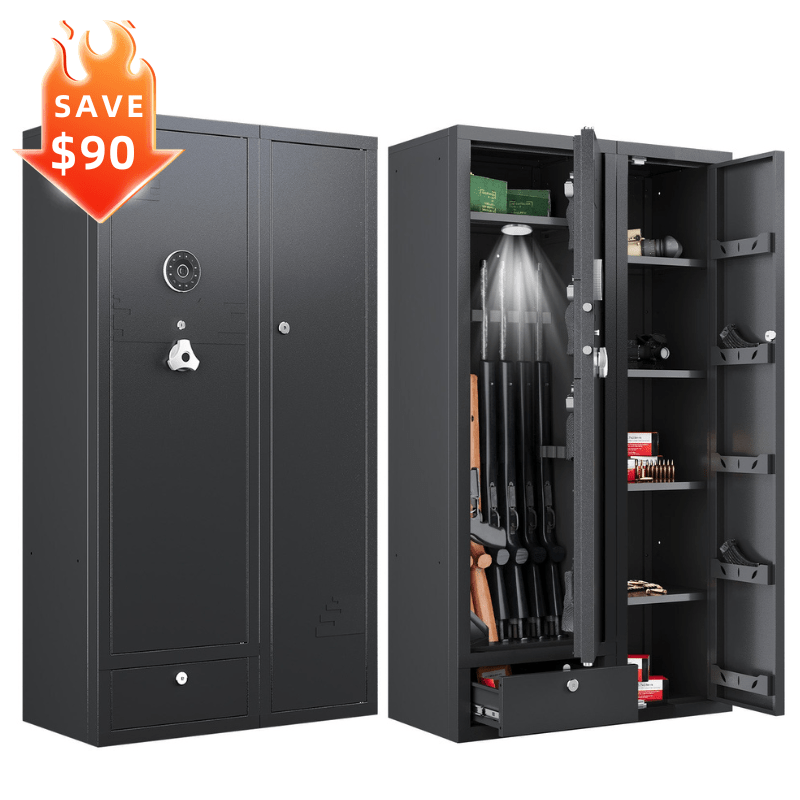
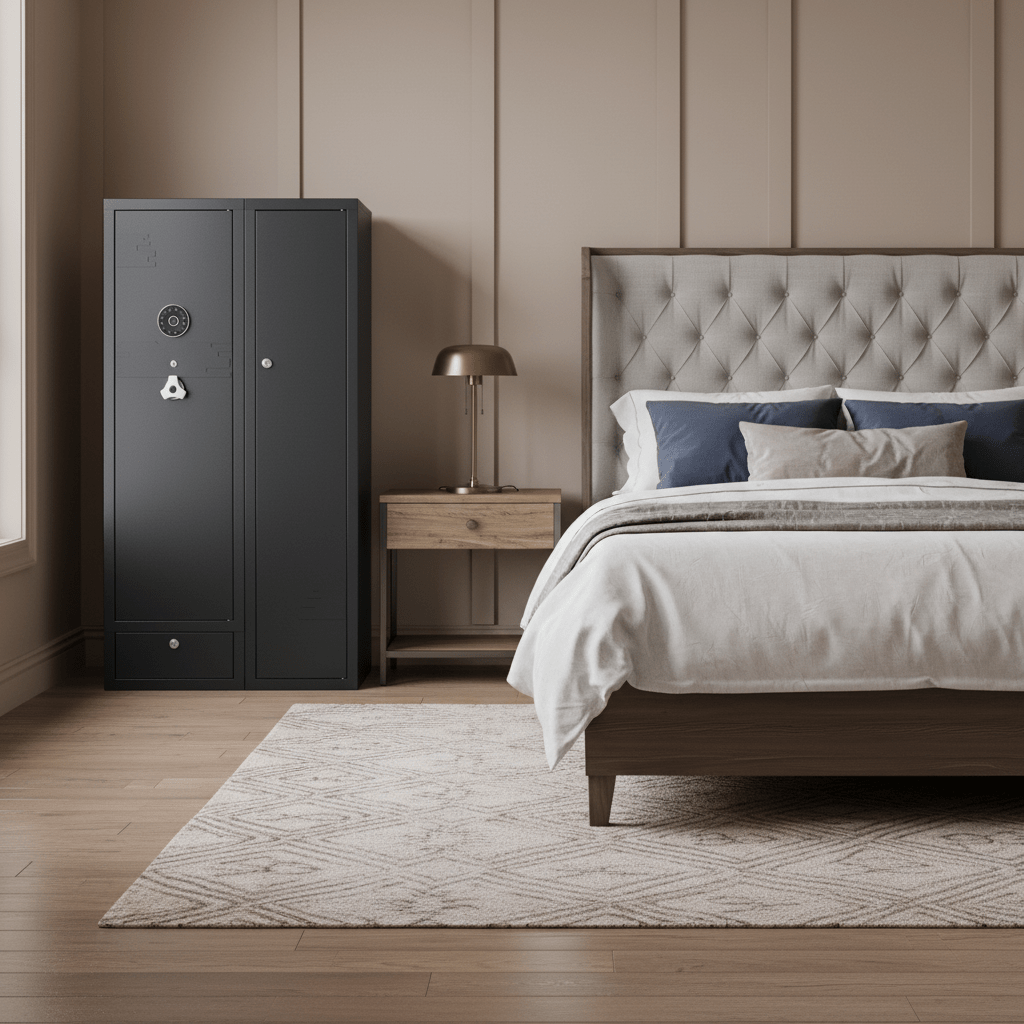
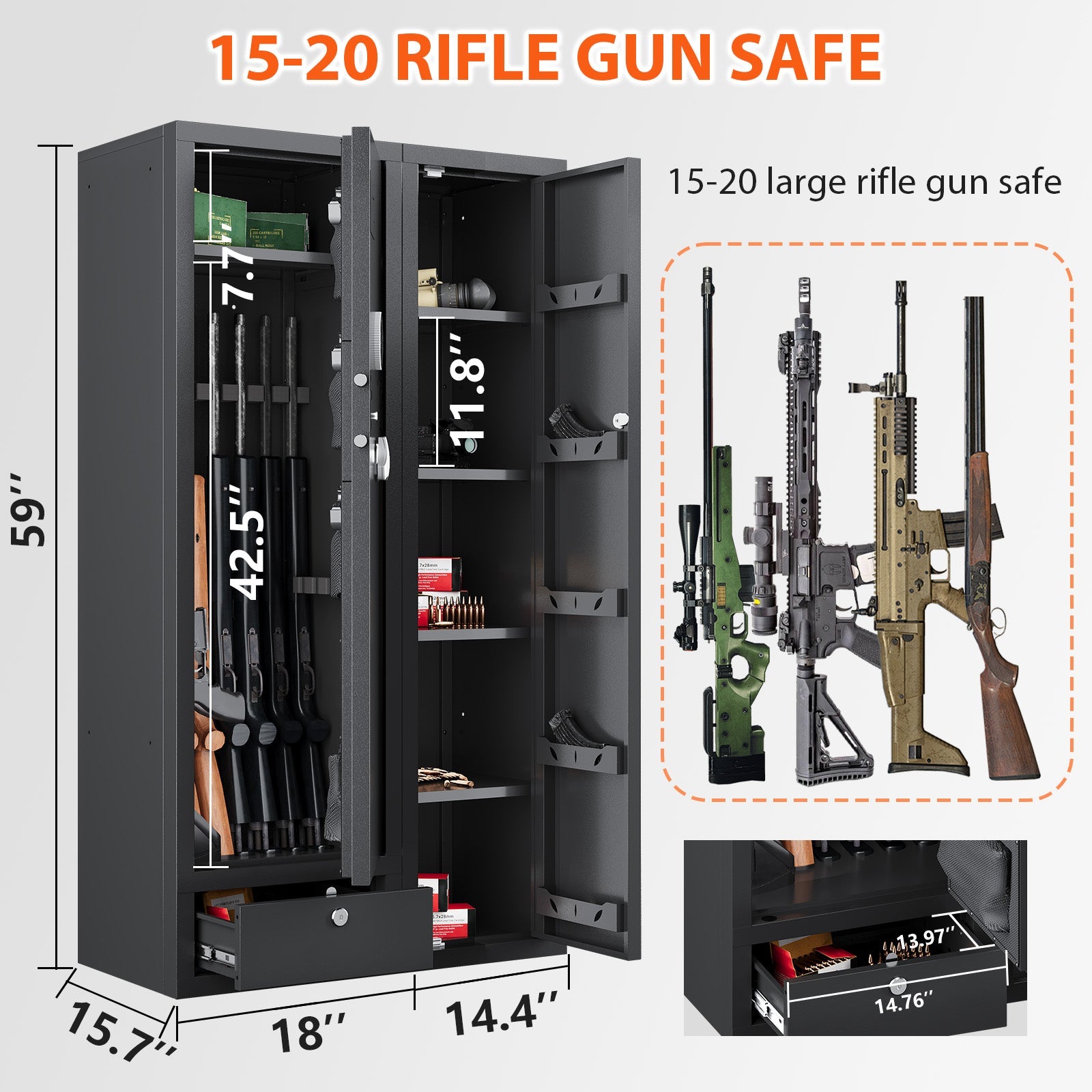
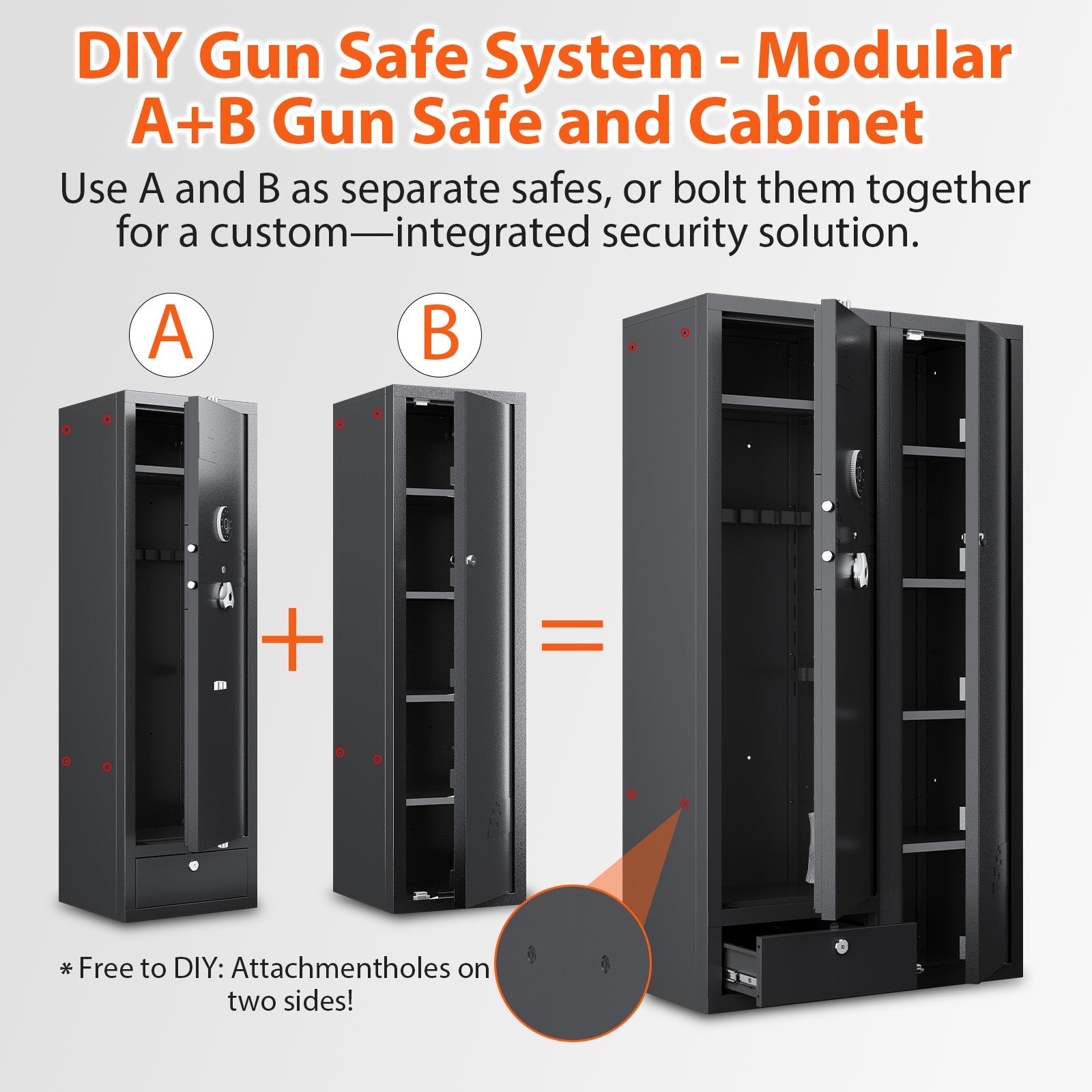
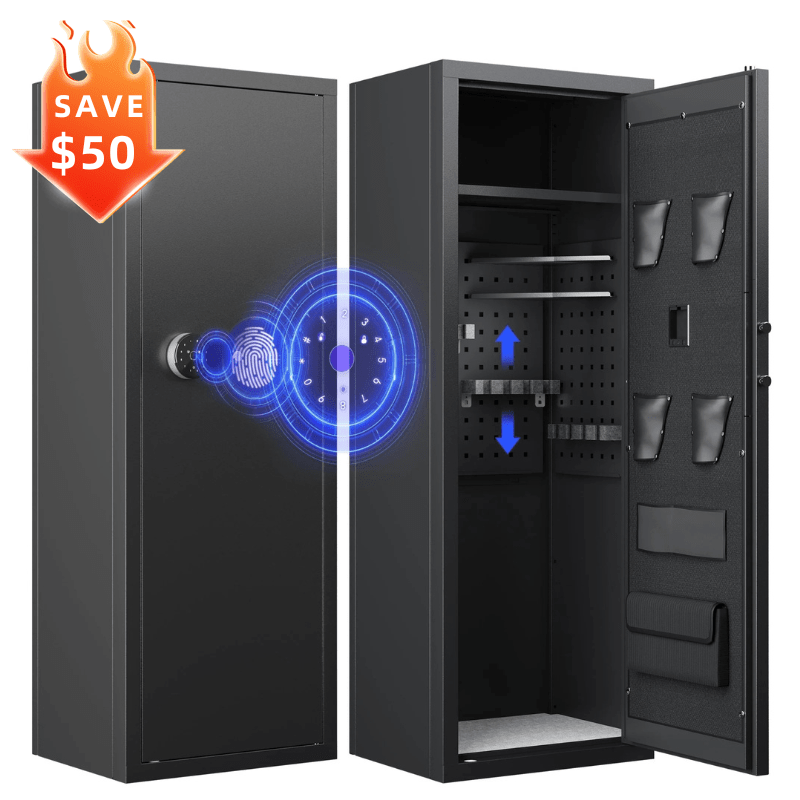
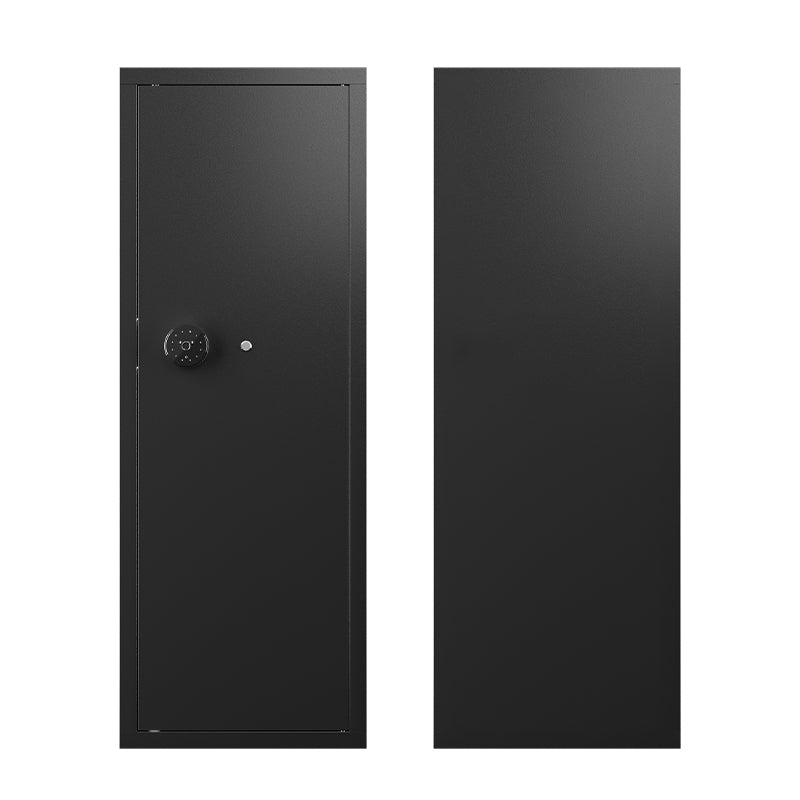
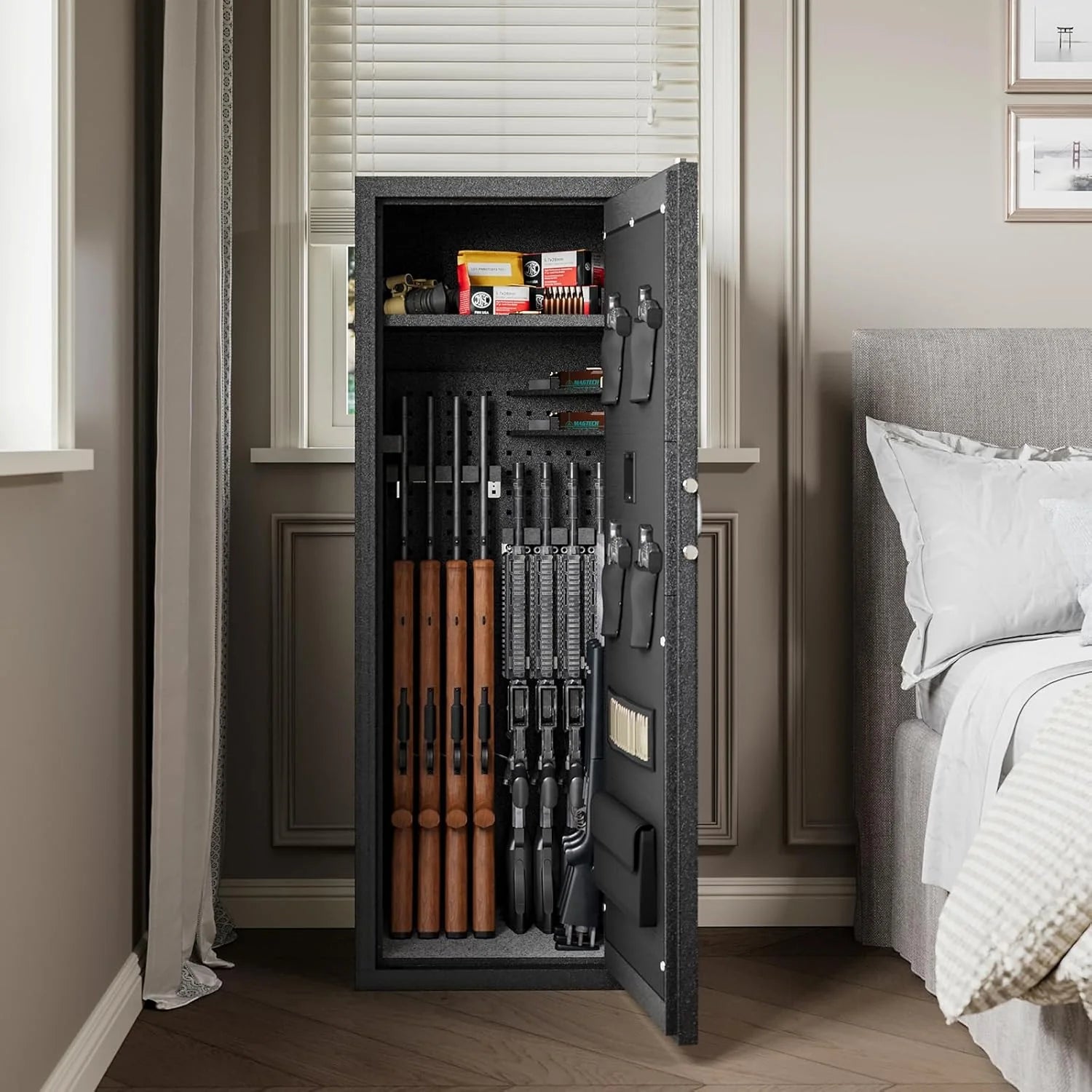
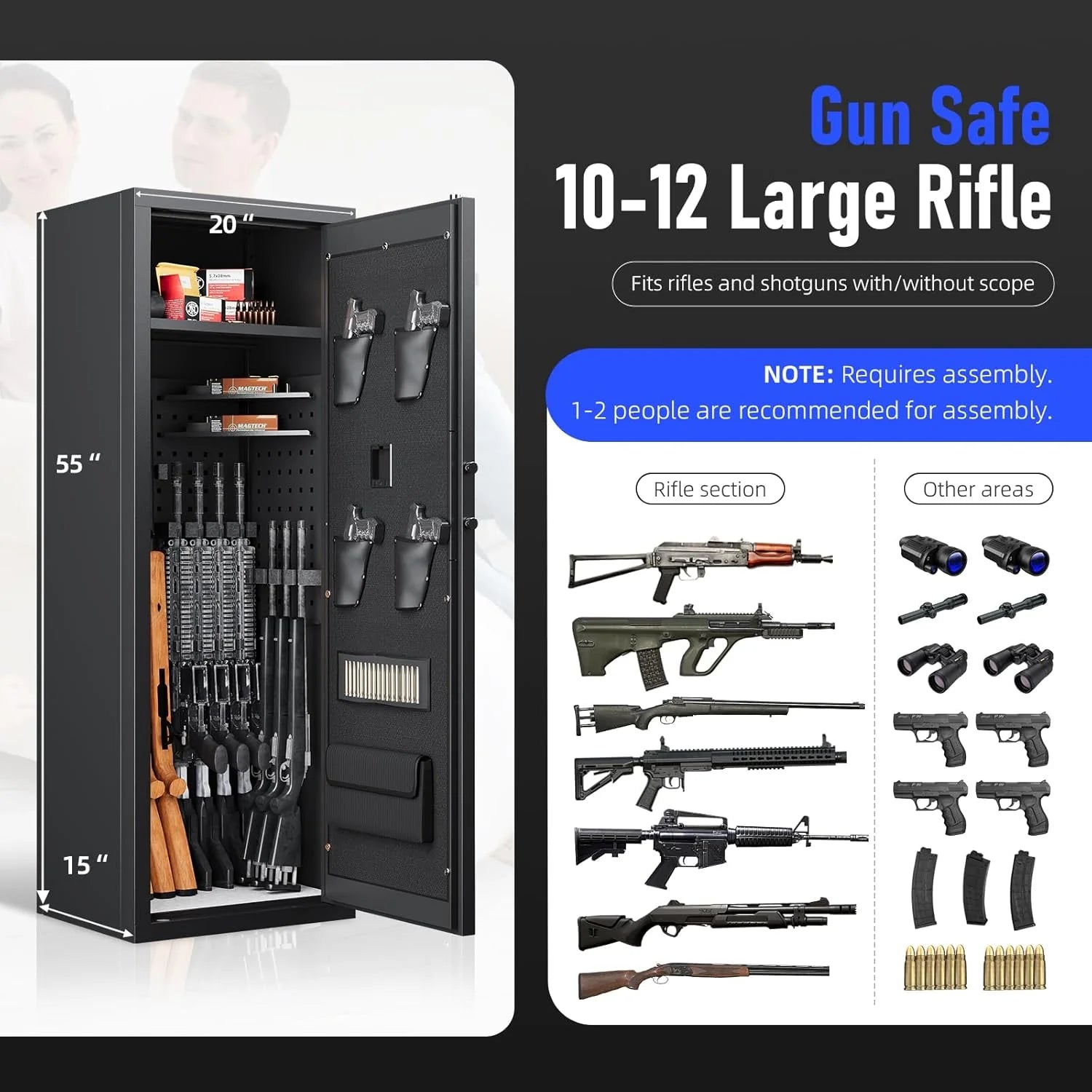
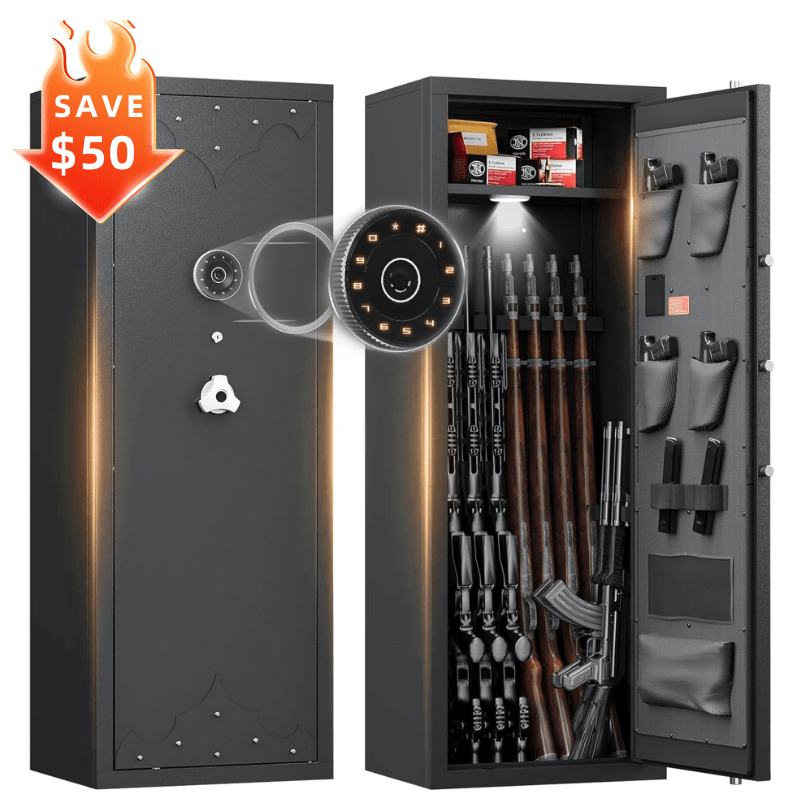
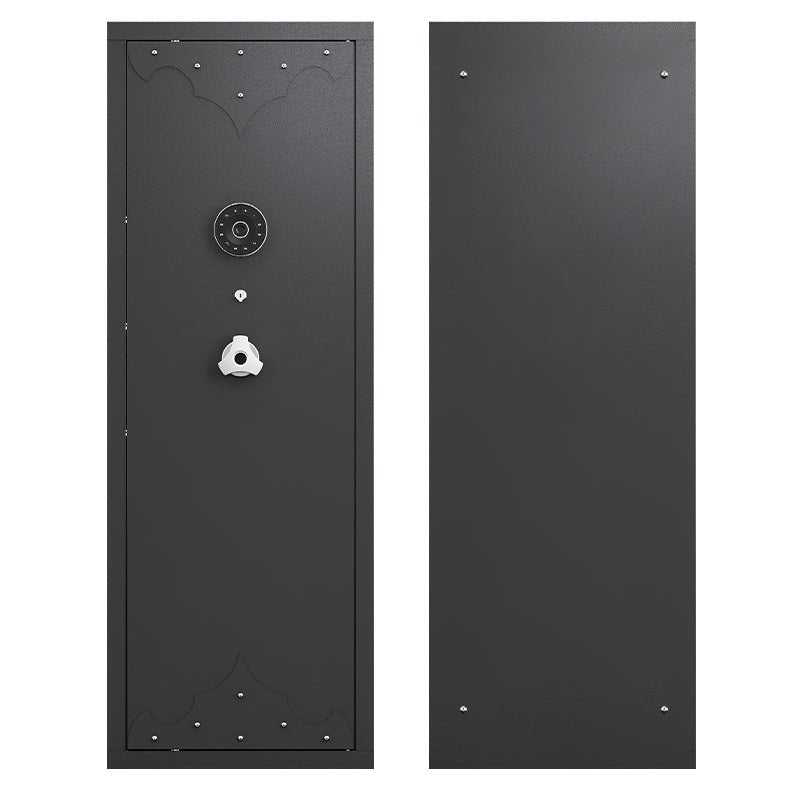
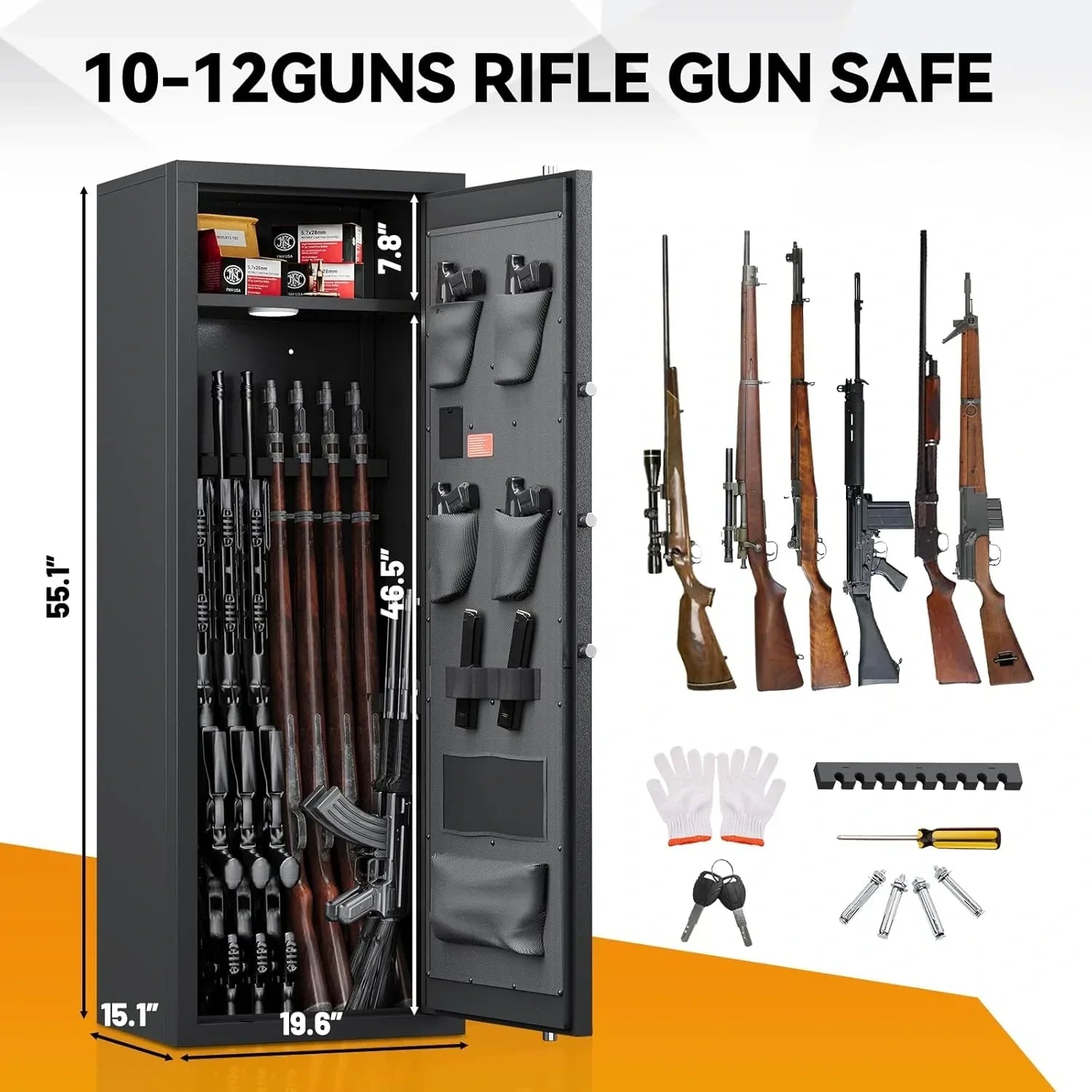
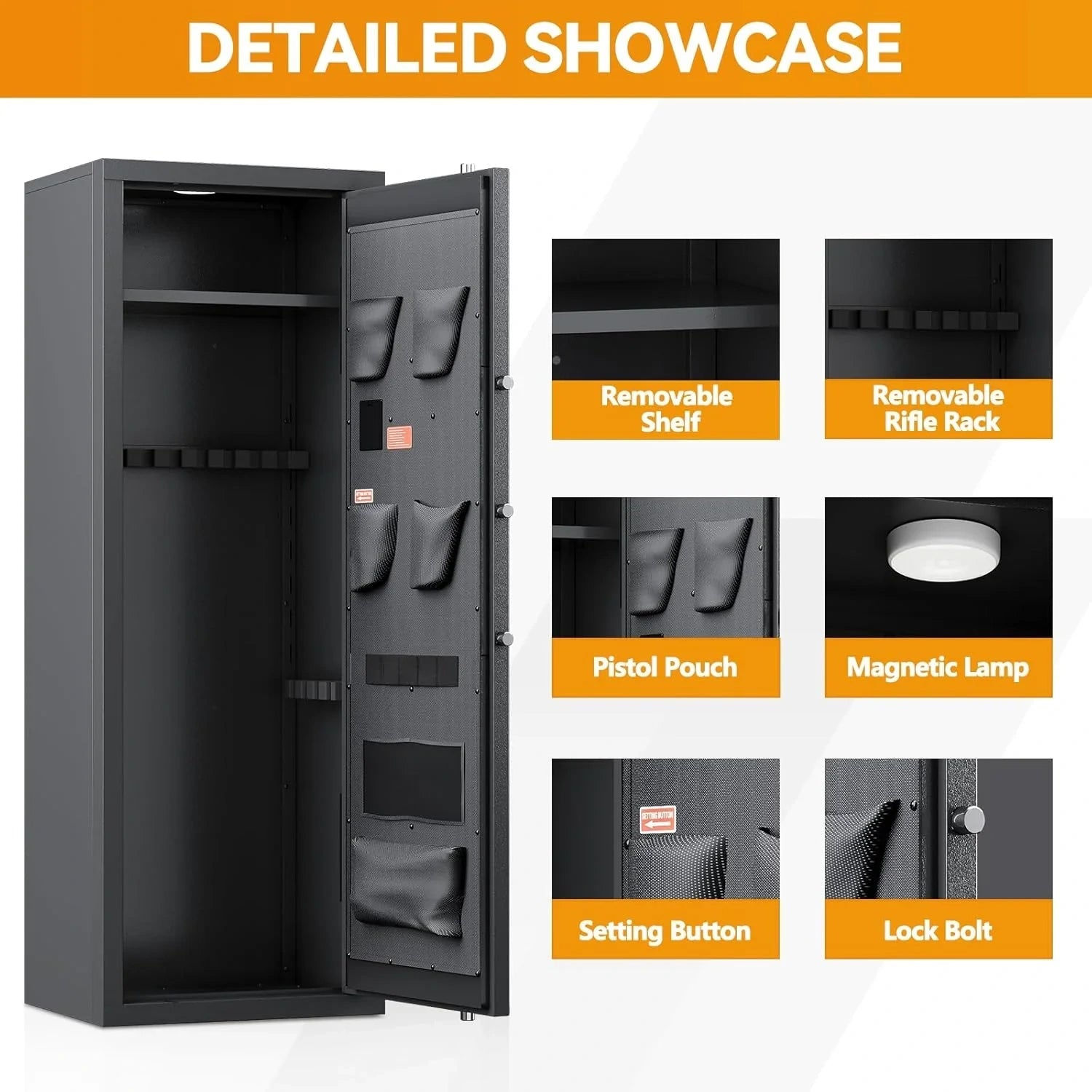
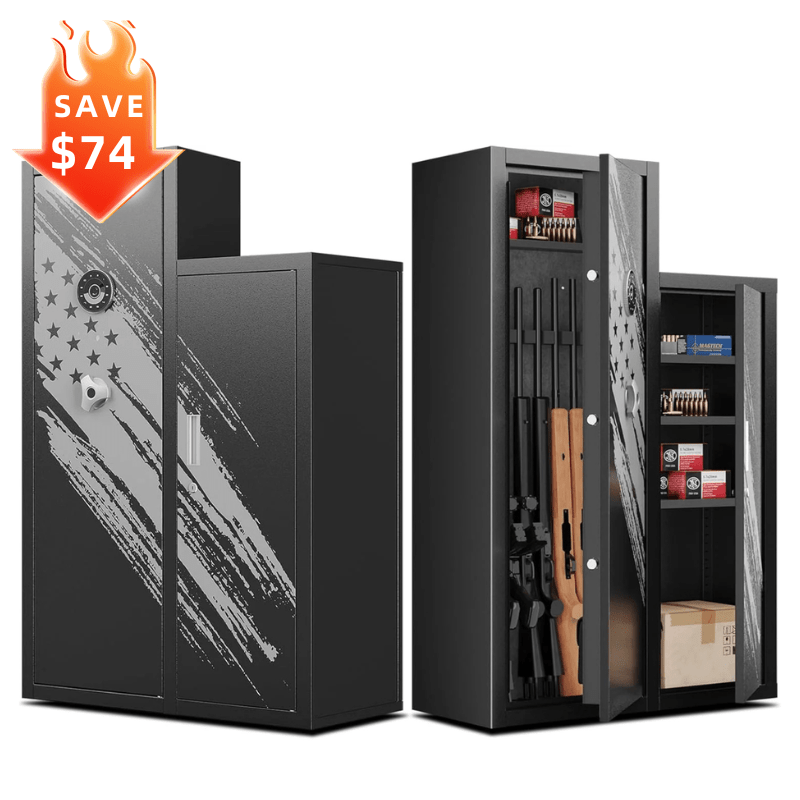
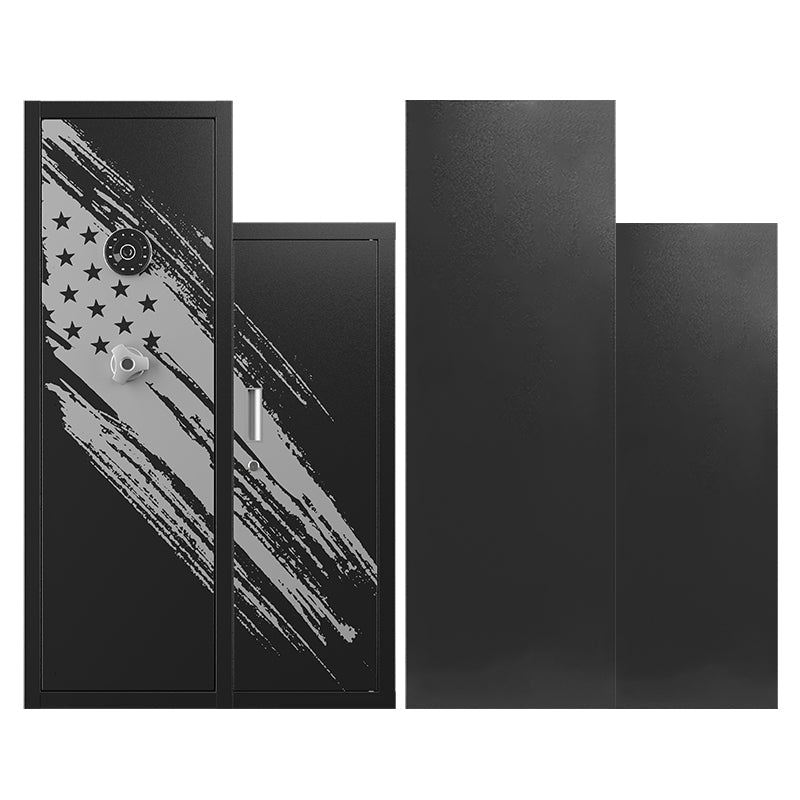
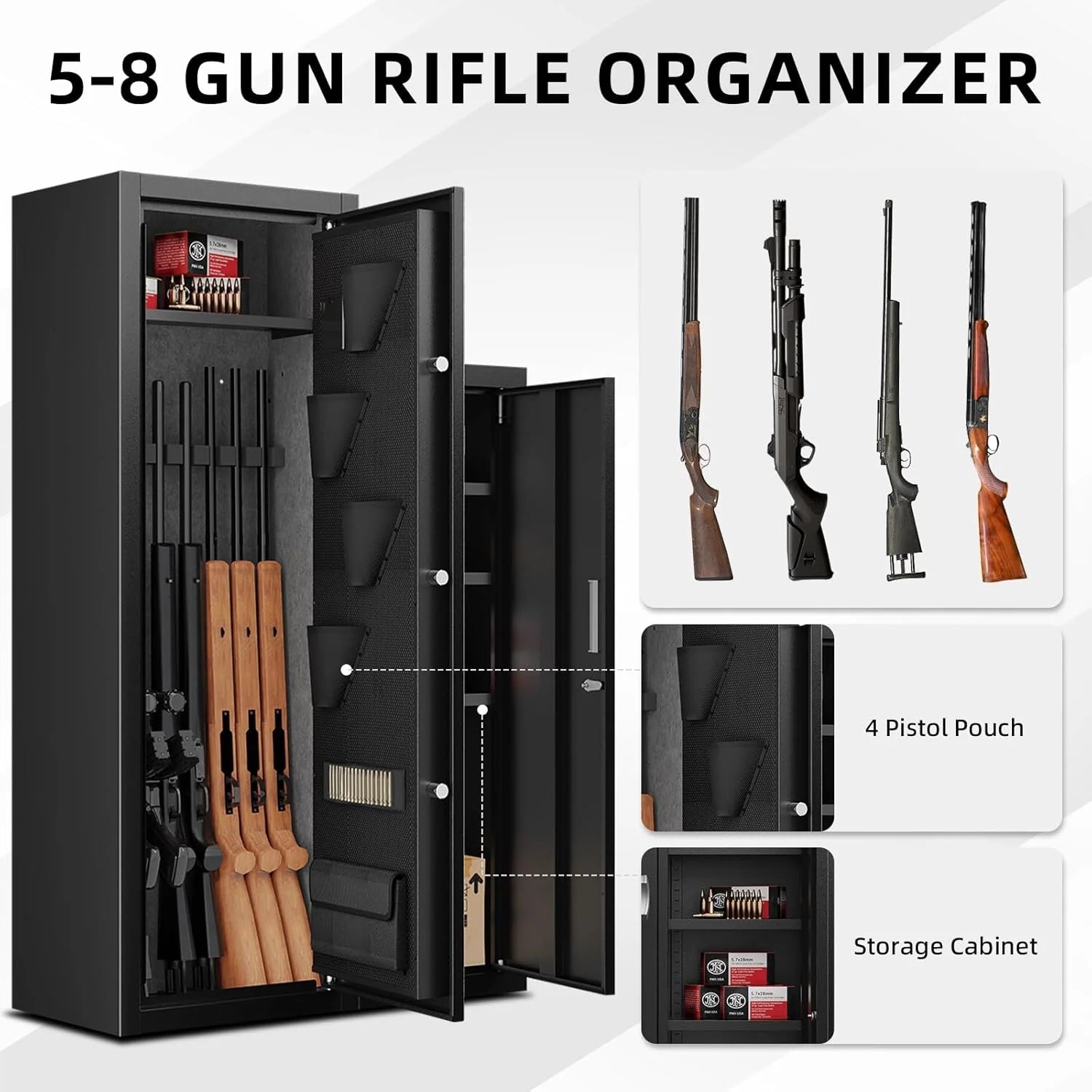
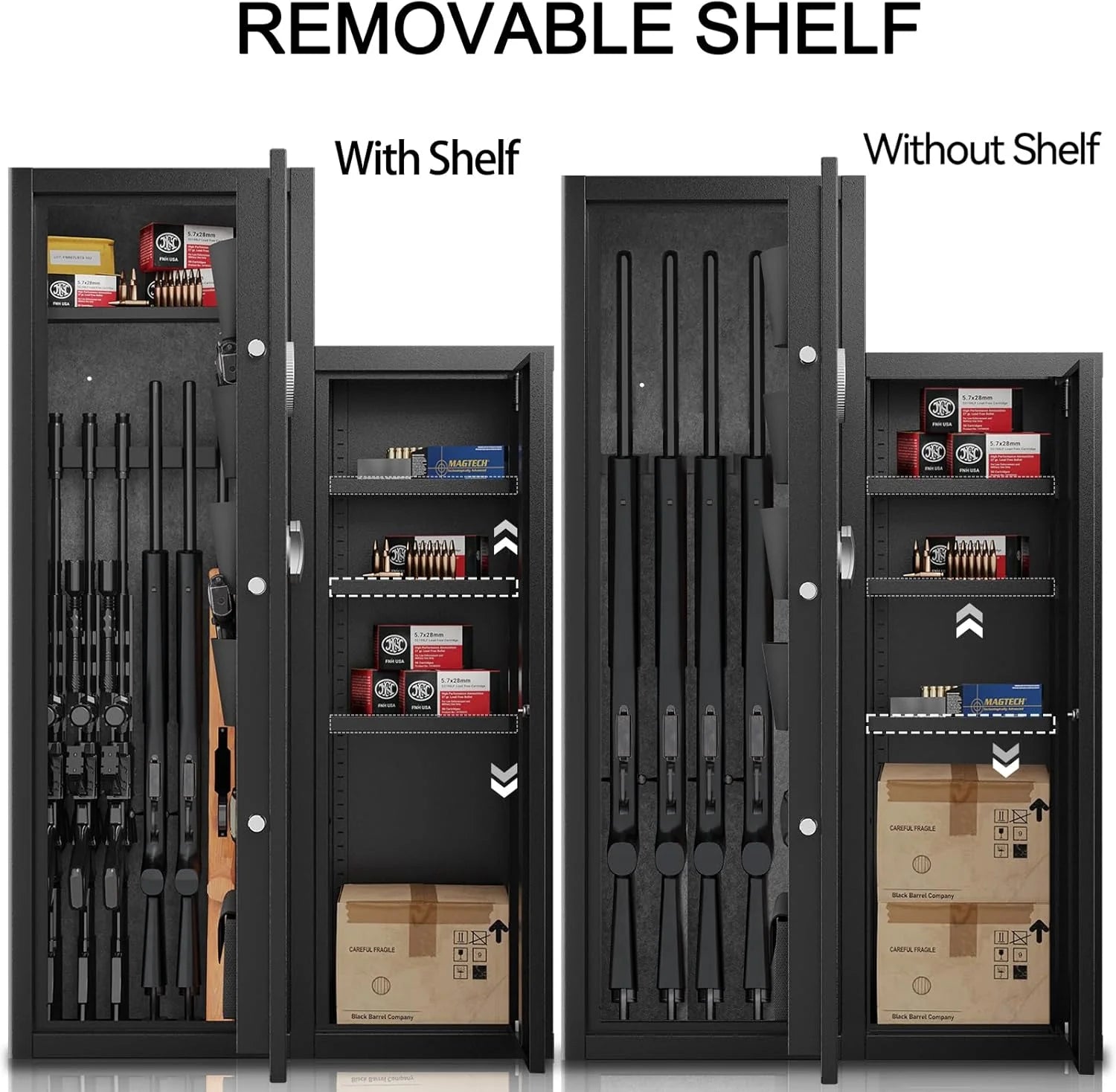
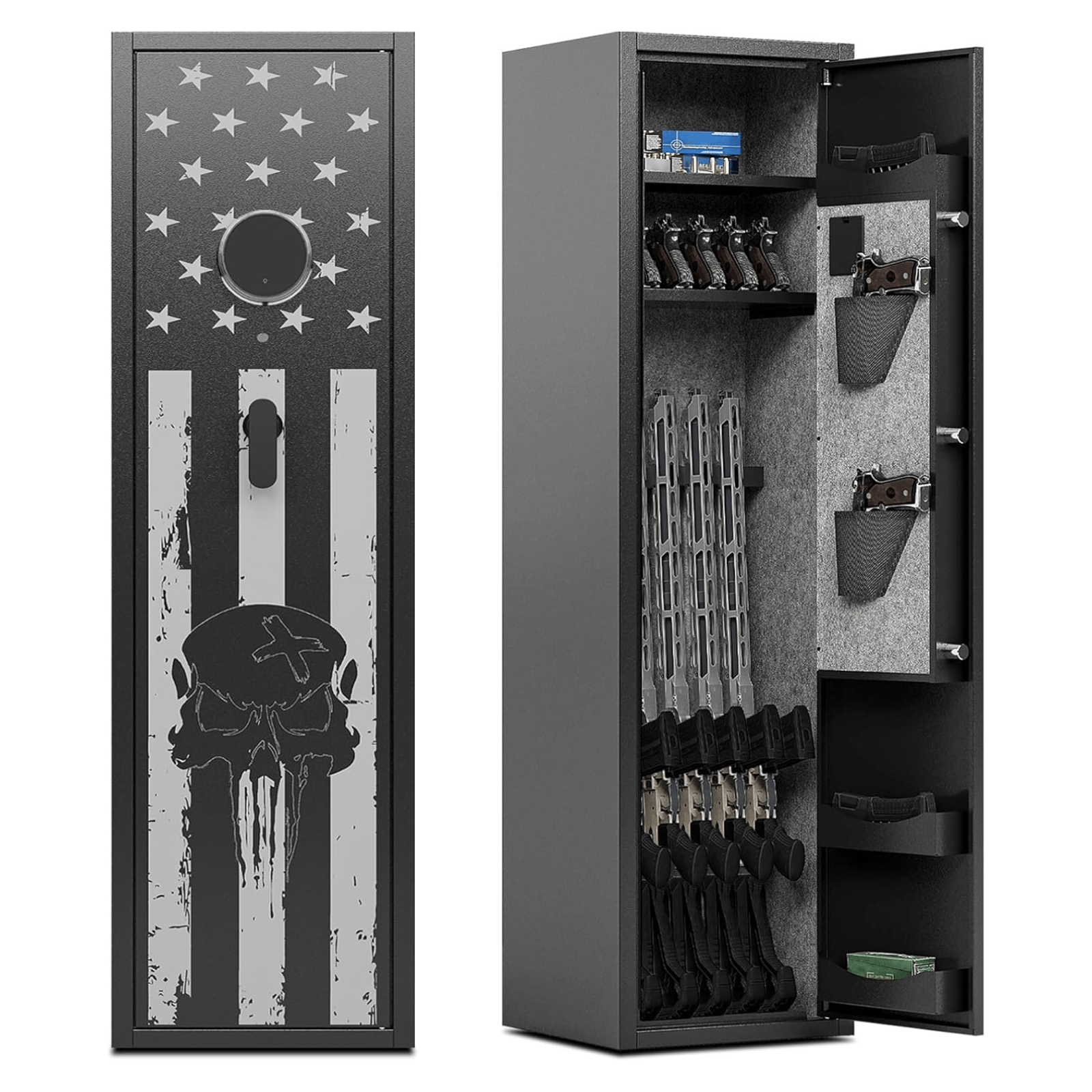
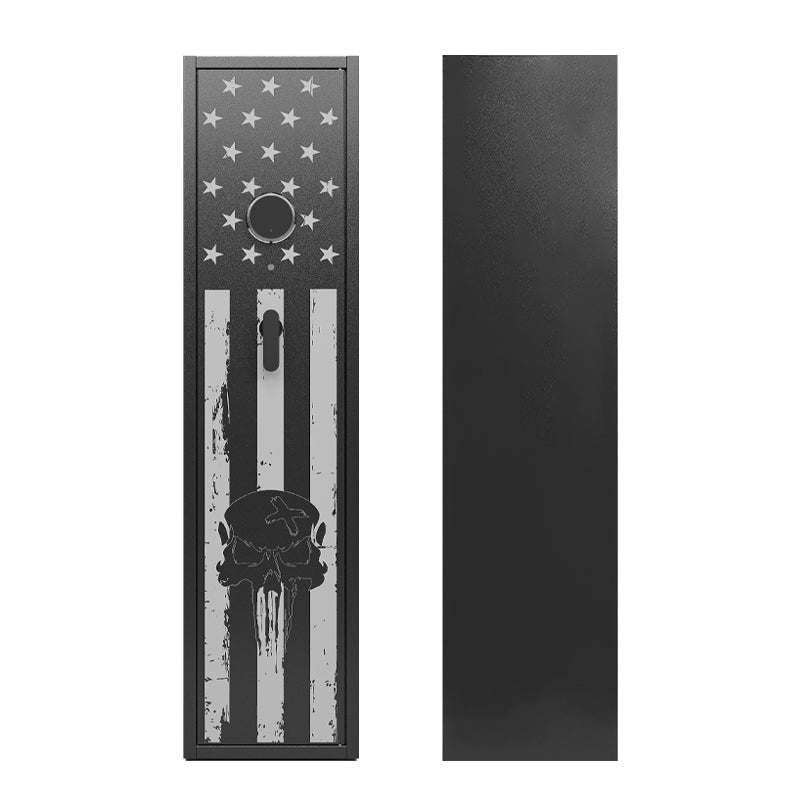
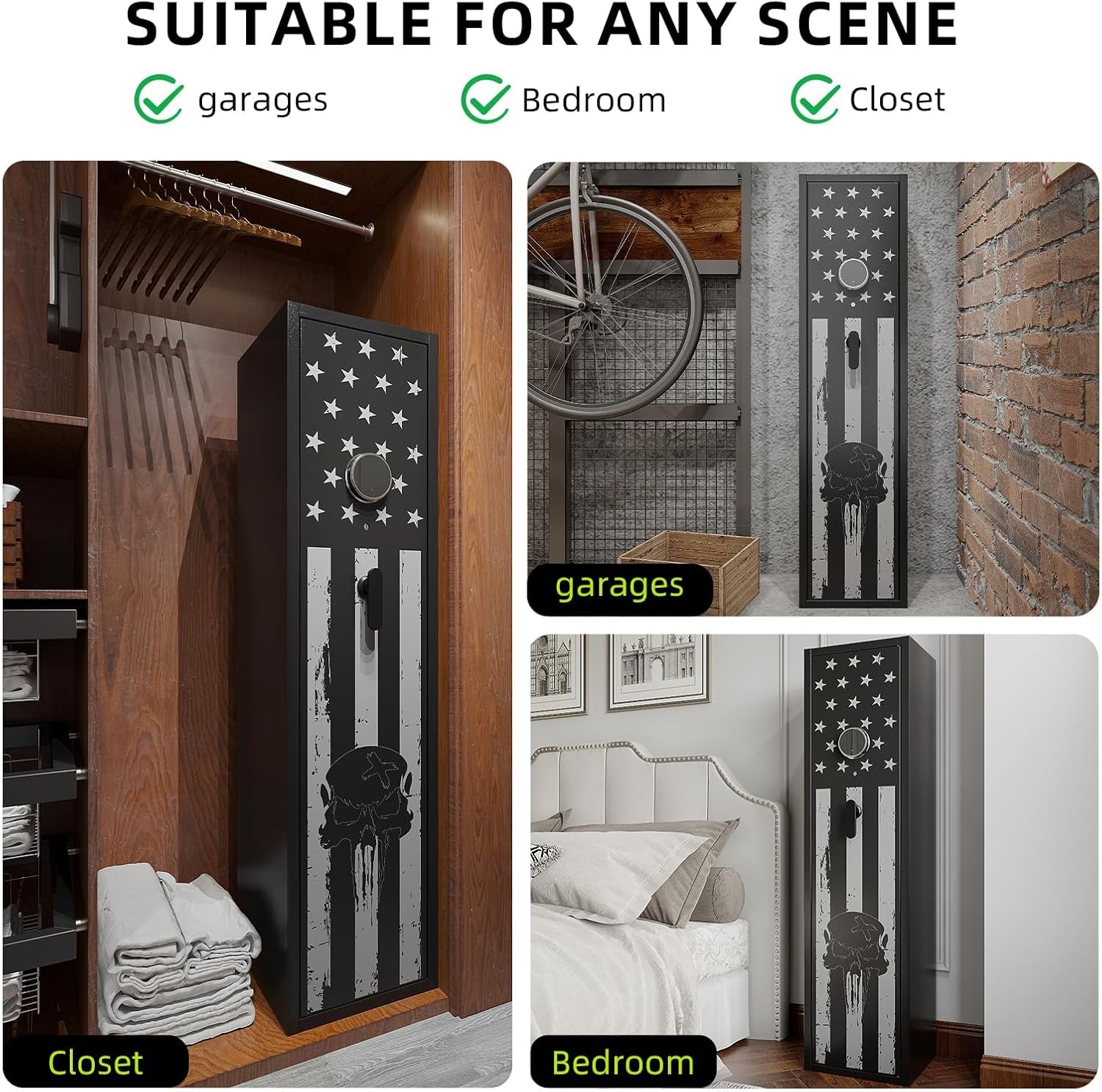
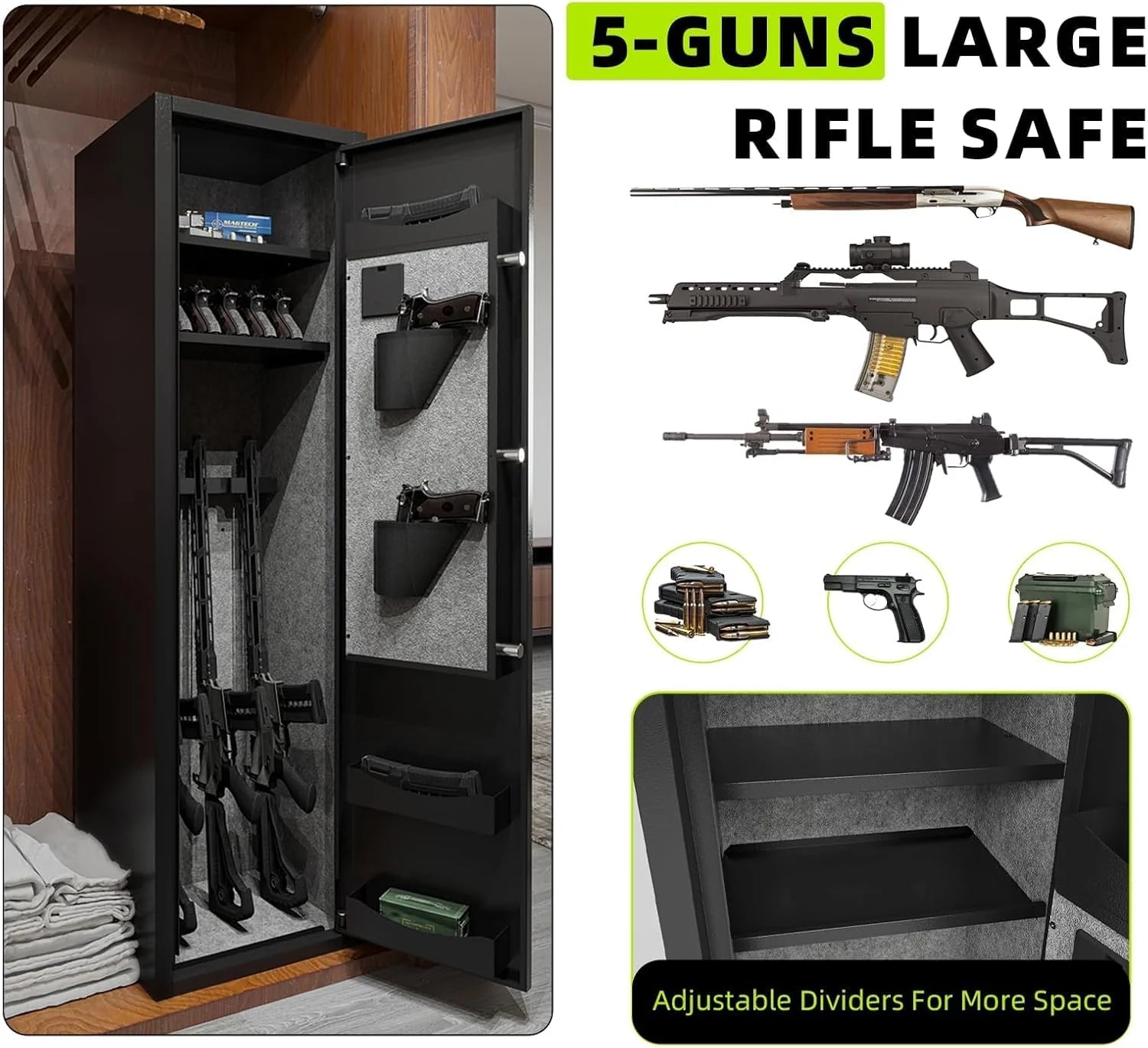
Share:
7 Steps to Maintain Your Gun Safe
Are Gun Safes Airtight? Share a few simple methods